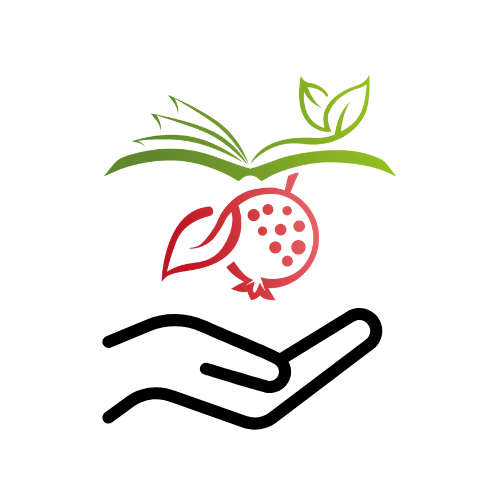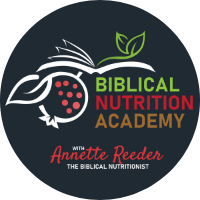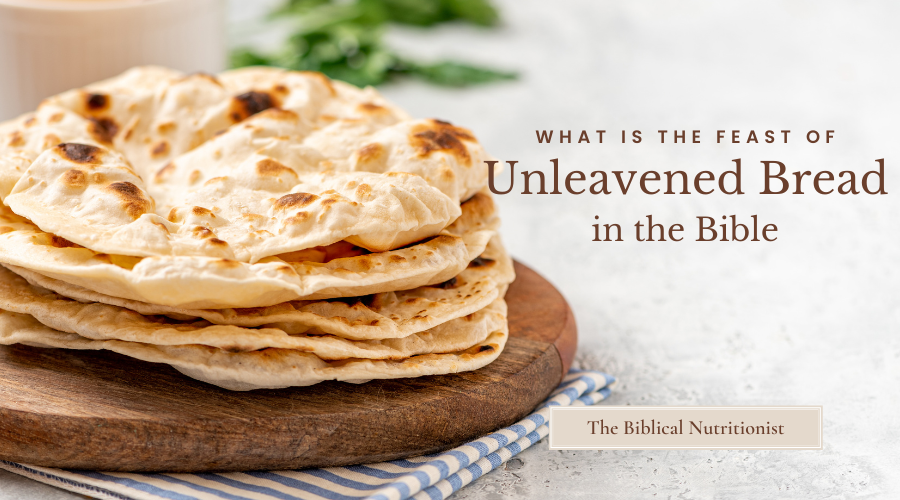
Have you ever read through the Old Testament and wondered, what is this Feast of Unleavened Bread I keep reading about?!
As interesting as the name is, most of us know little about this special holiday, which God called the Hebrew people to observe back in the time of Moses. We might glance over passages that mention it, but it doesn’t really click in our heads what it means or how it was important.
If you’ve ever asked what the Feast of Unleavened Bread means, why the Jewish people celebrate it, or how it connects to Jesus Christ as the Bread of Life, this guide will help everything fall into place.
In 2026, the Feast of Unleavened Bread begins on April 1st and ends on April 9th. It has deep significance for both Jews and Christians.
What is the Feast of Unleavened Bread?
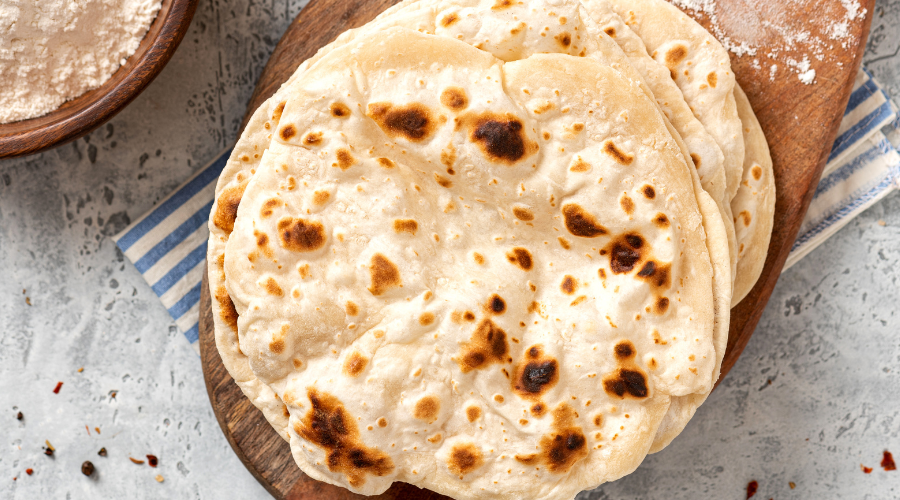
The Feast of Unleavened Bread is a spring festival that lasts seven days and takes place every year around March or April. It is one of the seven feasts of the Lord, and dates back to the moment the children of Israel were delivered from Egypt. God commanded His people to commemorate this deliverance with a yearly celebration.
The first time this festival is named in the Bible is in Exodus 12:17, but the instructions begin earlier:
“You must eat unleavened bread for seven days…You must remove yeast from your houses.” (Ex. 12:14–20)Later, God commanded His people to observe the Feast of Unleavened Bread as a yearly ordinance:
“Then on the fifteenth day of the same month, there is the Feast of Unleavened Bread to the Lord; for seven days you shall eat unleavened bread.” Leviticus 23:6.
This matters because unleavened bread in the Bible symbolizes purity, haste, and freedom from the corruption of sin.
Why Unleavened Bread?
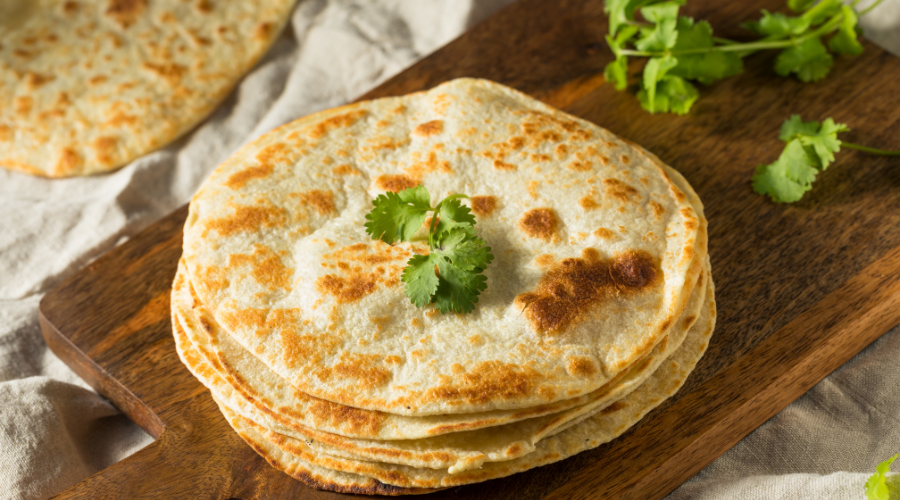
The Feast of Unleavened Bread is a spring festival that lasts seven days and takes place every year around March or April. It is one of the seven feasts of the Lord, and dates back to the moment the children of Israel were delivered from Egypt. God commanded His people to commemorate this deliverance with a yearly celebration.
The first time this festival is named in the Bible is in Exodus 12:17, but the instructions begin earlier:
“You must eat unleavened bread for seven days…You must remove yeast from your houses.” (Ex. 12:14–20)Later, God commanded His people to observe the Feast of Unleavened Bread as a yearly ordinance:
“Then on the fifteenth day of the same month, there is the Feast of Unleavened Bread to the Lord; for seven days you shall eat unleavened bread.” Leviticus 23:6.
This matters because unleavened bread in the Bible symbolizes purity, haste, and freedom from the corruption of sin.
Why Unleavened Bread?
When the Israelites fled Egypt, they left in such haste that there was no time for leavened bread to rise. The significance of unleavened bread began here: it represented urgency, obedience, and God’s miraculous rescue.
One moment, the Hebrews were slaves, the next they were fleeing from Egypt in the early hours of the morning, with bread dough they hadn’t finished preparing, wrapped in clothes thrown over their shoulders
Everything that God had said came to pass! The Egyptians, terrified at the losses of their firstborn animals and children (and suffering all the residual effects of those dreadful plagues), wanted the Israelites gone immediately, and the Israelites complied. But they had no time to bake their bread or make any other provisions for themselves; they simply grabbed what they could and left.
Later, when they had reached a safe distance, they could stop to prepare food. And what did they have with them?
You guessed it:
Flat, unleavened bread.
“They baked the dough which they had brought out of Egypt into cakes of unleavened bread. For it had not become leavened, since they were driven out of Egypt and could not delay, nor had they prepared any provisions for themselves.” Exodus 12:39.
Later, it became a symbol of something deeper:
Leaven represented sin. Removing it pictured cleansing, holiness, and spiritual renewal.
This theme continues through Scripture and is reinforced by Jesus, Paul, and the early church.
Is the Feast of Unleavened Bread the same as Passover?
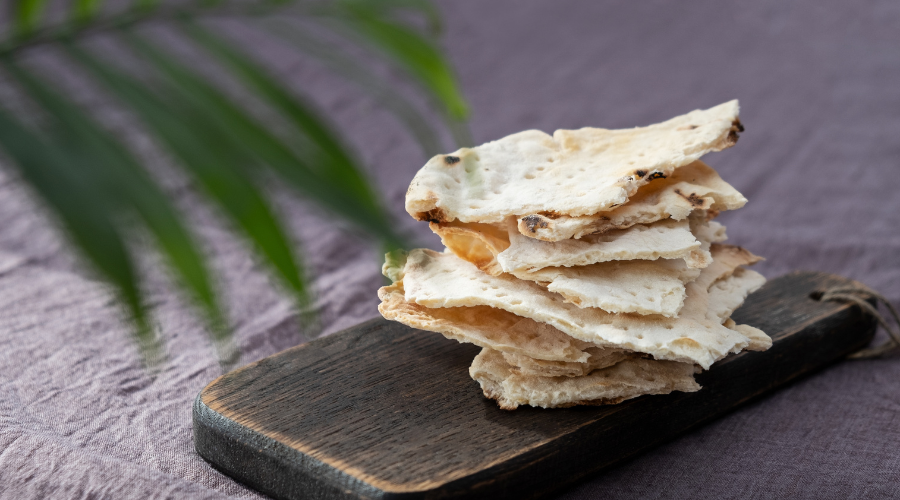
The festivals are connected, but not identical.
- Passover occurs on the fourteenth day of the first month, when the Passover lamb was sacrificed.
- The Feast of Unleavened Bread begins the next day, lasting seven days.
This is why Scripture often refers to Passover and the Feast of Unleavened Bread together (Luke 22:1).
Passover focuses on the blood of the lamb.
Unleavened Bread focuses on the removal of sin.
Together, they form a complete picture of salvation.
What is the difference between Passover and the Feast of Unleavened Bread?
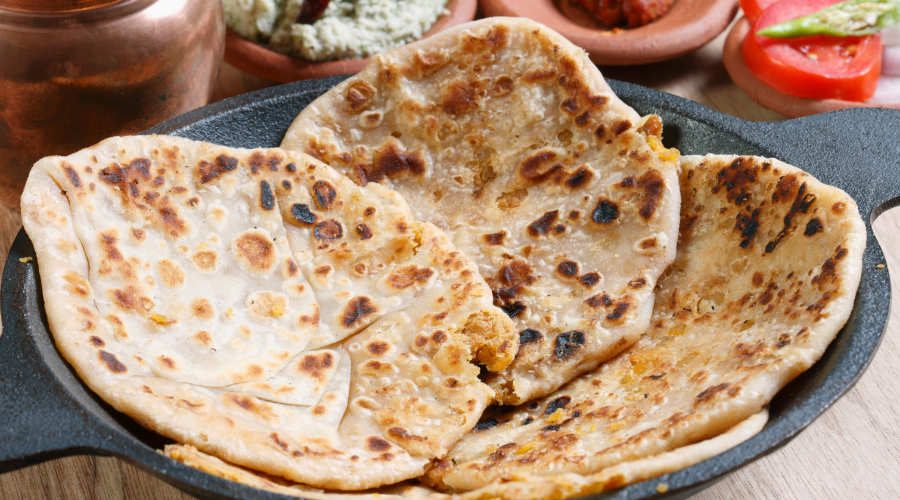
Passover and the Feast of Unleavened Bread go hand in hand. Both are a memorial of the liberation of the Hebrews from slavery. However, Passover commemorates how God passed over the Israelites in the tenth plague (when the “death angel” came and all the Egyptian firstborn died), while the Feast of Unleavened Bread commemorates the haste when the Israelites left Egypt.
Yet the two are celebrated together. In fact, Passover “kicks off” the Feast of Unleavened Bread. Therefore, Scripture refers to both feasts as Passover:
“Now the Feast of Unleavened Bread, which is called the Passover, was approaching.” Luke 22:1.
Do the feast days overlap?
According to the Hebrew calendar, Passover (or Pesach) began on the 14th of Nisan (the fourteenth day of the first month of the Jewish calendar) when the sacrificial lamb was sacrificed and eaten. In temple tradition, a day was from one sundown to the next. After this, on the fifteenth day of the month, came the Festival of Unleavened Bread, lasting seven days. (During this is another feast — the feast of first-fruits — but that’s a story for another day!)
Pretty fascinating, right?
Now, before we talk about the true meaning of this feast, let’s briefly go over how the feast was actually celebrated.
How is the Feast of Unleavened Bread Celebrated?
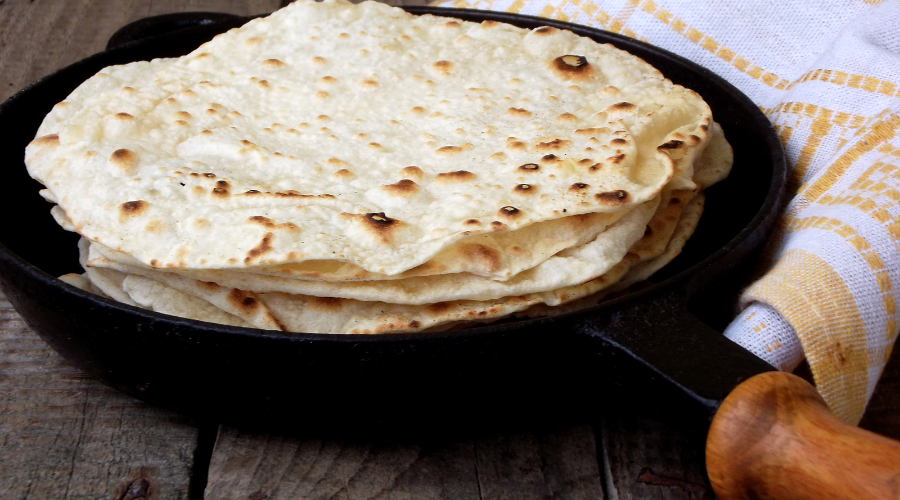
Traditionally, the Jewish people:
- Removed all leaven from their homes
- Ate unleavened bread for seven days (the seventh day was a sacred assembly)
- Remembered God’s deliverance with bitter herbs, roasted lamb, and offerings
- Shared a Passover meal (Seder) with family
Even today, Messianic Jews and many Christians celebrate the feast as a reminder of redemption and spiritual cleansing.
Are Christians obligated to celebrate the feast days?
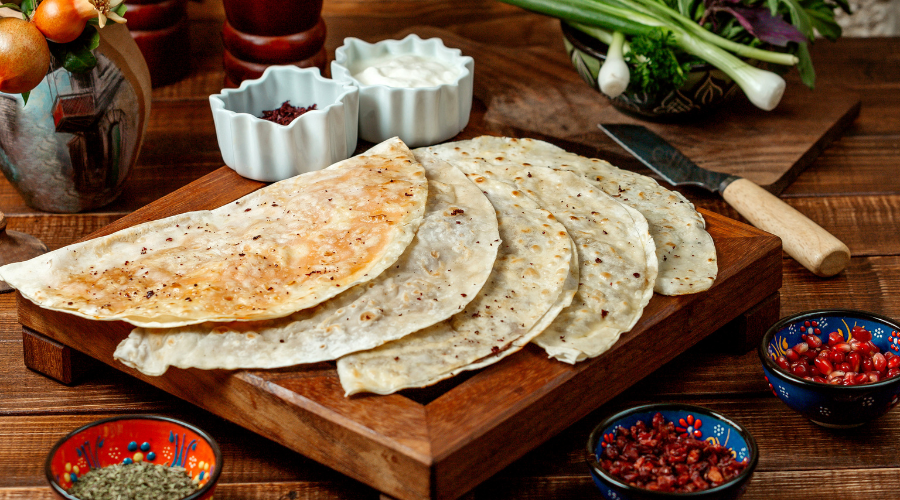
We know, according to the book of Galatians, Acts 15, and Romans 7, that we are not under the Mosaic law, nor are we to come under the burden of the law. The feast days fall under the umbrella of the Mosaic law (Leviticus 23:6). Therefore, Christians are not obligated to celebrate the feasts.
The feast days were shadows of what was to come: namely, the Messiah!
But does this mean Christians can’t celebrate the feasts?
A Question of Liberty
In Romans 14, we read about the principles of Christian liberty.
Ultimately, we see how God’s Word gives us the freedom to choose and also how we are not to judge our brothers and sisters on whether they choose to celebrate.
“Whoever observes the day, observes it for the honor of the Lord. Whoever eats, eats for the Lord, since he gives thanks to God; and whoever does not eat, it is for the Lord that he does not eat it, and he gives thanks to God.” Romans 14:5-6
This means that Christians can choose whether to observe these special days.
For myself, I choose to celebrate these feast days because of what they represent and who they point to.
Namely:
My precious Savior!
Learning about these holidays — what they truly mean and what they’re really pointing to — has deepened my faith and given me a richer understanding of salvation. Celebrating the feasts also gives opportunities to teach children God’s story in a fun, interactive, memorable way.
But just how do the feasts — specifically the Feast of Unleavened Bread — point to Jesus, you may wonder?
Let me show you:
The Meaning Of The Feast

The Feast of Unleavened Bread was about remembrance—“what the Lord did for me when I came out of Egypt” (Ex. 13:8).
But symbolically, the feast pointed to the future:
- Moses → Deliverer from Egypt
- Jesus Christ → Deliverer from sin
Just as leaven had to be removed from their homes, Jesus removes sin from our hearts.
He is the true Bread of Life.
The Significance of Unleavened Bread
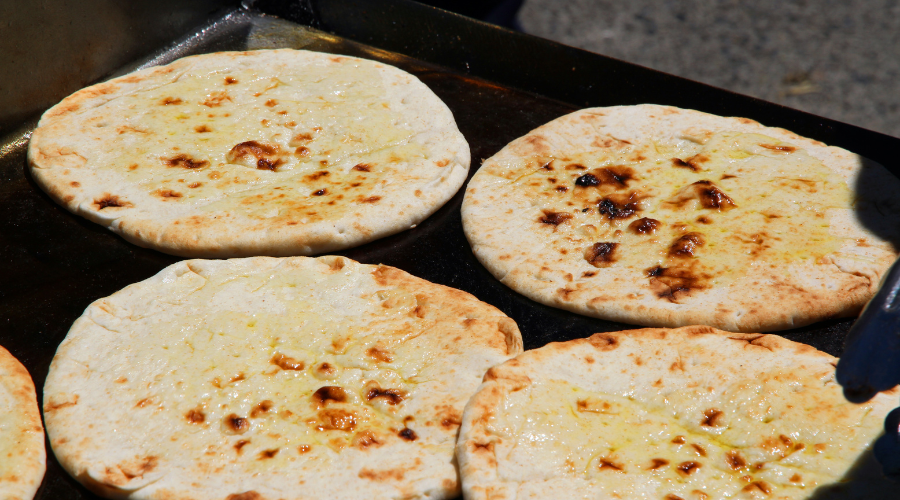
Simply put, the Bible makes it clear that leaven is a type or a picture of sin (Lev. 2:11; 6:17). This is confirmed later by Jesus and in the New Testament (Matthew 16:6-12; Luke 12:1; 1 Corinthians 5:1-8).
God wanted His people to understand how they were to come out of the world’s sin (Egypt) and live holy, blameless lives. By eradicating all the leaven from their households, God was saying, “Just as all your dwellings and homes are to be cleansed of leaven, so are your hearts to be cleansed from sin.”
This has been God’s desire for mankind since the beginning. To be holy, even as He is holy (1 Peter 1:15-16).
So we can see that when God sent a deliverer (Moses) to free His people from bondage, He was showing us a picture of how He would send the Deliverer to free His people from sin!
This is where we see how this feast points to Christ—and was fulfilled in Him.
Stay with me, because this is where it gets good:
How the Feast of Unleavened Bread Points to Jesus
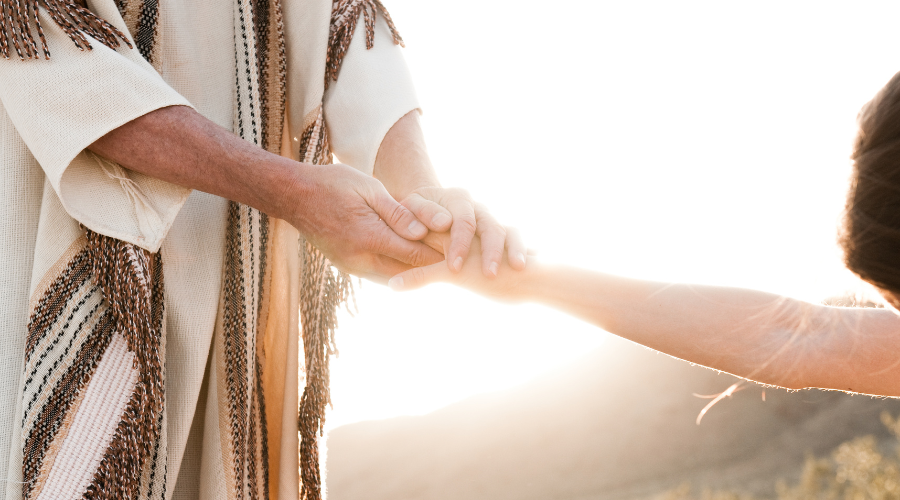
When we look at the complete story of the exodus from Egypt, Passover, the Feast of Unleavened Bread, and Moses as deliverer, we see a clear picture emerge of God’s plan of salvation.
Just as the Hebrews were in bondage in Egypt, so was all the world in bondage to sin. God sent Jesus (as He sent Moses) to be the Deliverer! And like the Hebrews cleansing their homes from leaven, so Jesus cleanses our hearts from sin through the Holy Spirit.
Amazing, right?!
In other words, these feast days were like giant arrows pointing the same way to the coming Messiah!
So, does that mean Jesus fulfilled the Feast of Unleavened Bread?
Yes, Jesus fulfilled the Feast of Unleavened Bread, just as He fulfilled Passover!
And so that there would be no doubt of this, Jesus’ last supper, crucifixion, and resurrection all took place during the Feast of Unleavened Bread.
This was meant as an obvious message to the Jews (who had been waiting centuries for their promised Messiah) that the Messiah had come. It was also God’s way of demonstrating what these feasts were really all about.
The Lord wanted His people to understand that Jesus was the promised Savior, the perfect, spotless Passover Lamb (1 Corinthians 5:7; 1 Peter 1:19). Redemption came by His Blood! And only Jesus has the power to truly cleanse our hearts from sin.
I don’t know about you, but this just takes my breath away!
Learn More About the Biblical Feasts!
Discover Jesus woven through every page of Scripture by exploring the Biblical Feasts God designed from the beginning. This 100% free online course reveals how each feast prophetically points to Christ—His sacrifice, resurrection, and promised return. You’ll gain deeper faith, richer understanding of prophecy, and practical ways to celebrate with your family through food, teaching, and joyful remembrance. Step into God’s calendar and see the full picture of His redemptive plan come alive.
To learn more about these feasts, take a look at our course in Celebrating Jesus in the Biblical Feasts!
Frequently Asked Questions
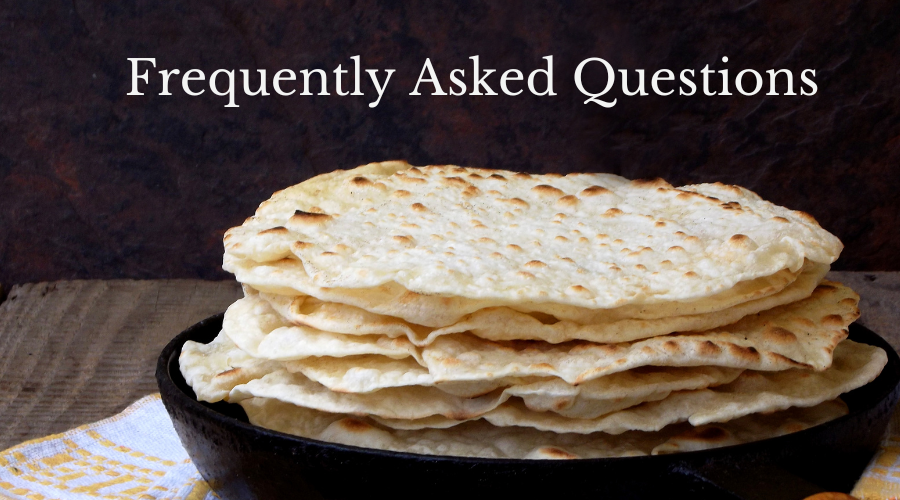
Before we wrap up our learning today, let’s go over some frequently asked questions!
Is Passover another name for the Feast of Unleavened Bread?
While intrinsically connected, the two feasts are distinct from each other. Yet we know that Scripture often referred to them as the same holiday.
“Now the Feast of Unleavened Bread, which is called the Passover, was approaching.” Luke 22:1.
How was the Feast of Unleavened Bread fulfilled in the New Testament?
The Feast of Unleavened Bread took place the same week of Jesus’ crucifixion, burial, and resurrection in the New Testament. We know Jesus celebrated Passover and partook of the Passover meal with His disciples the very day of His arrest. Later, He is revealed to be the Passover Lamb. The timing of this festival (Passover week) with Christ’s death was no coincidence. God wanted us to know that Jesus Christ was the fulfillment of these feasts.
Conclusion
Understanding what the Feast of Unleavened Bread is deepens our appreciation for God’s story of redemption. The children of Israel were rescued from physical bondage; we are rescued from spiritual bondage. The same God who commanded this feast now invites us to walk in the freedom provided by Jesus—our Deliverer, our Bread of Life, and our perfect sacrifice.
May this season draw you closer to the One who removes the leaven from our lives and fills us with sincerity and truth.


